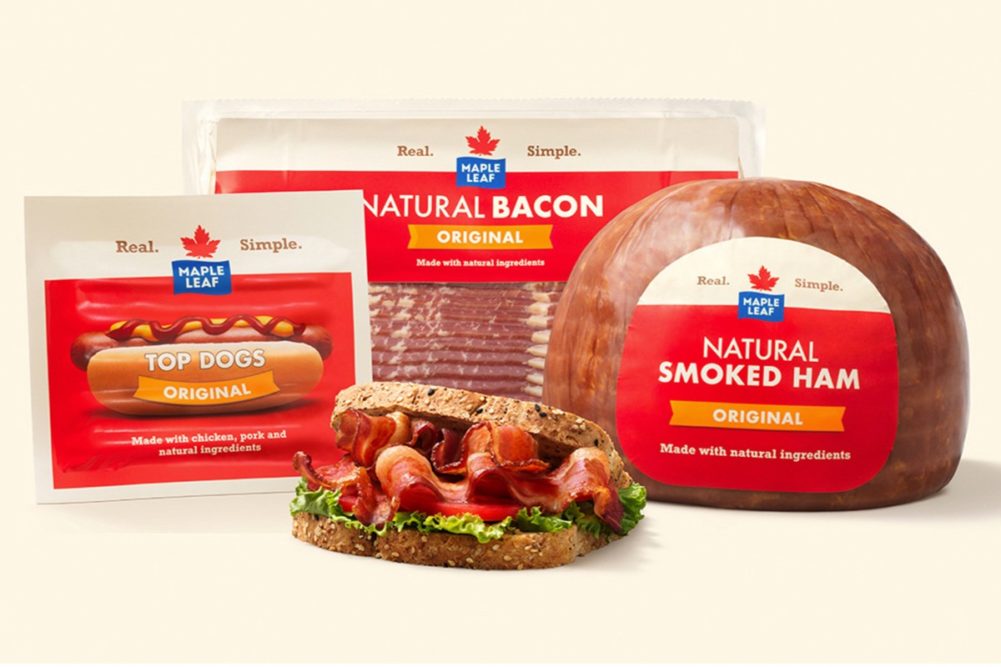TORONTO – Excluding the impact of the coronavirus (COVID-19), Maple Leaf Foods Inc.’s financial performance would be on target with management’s expectations, said Michael H. McCain, president and chief executive officer. Unfortunately, COVID-19 is a reality and Maple Leaf Foods, like all other meat processors, is preparing for market volatility and supply chain disruption.
“As you would expect, COVID-19 has created some volatility, and we are seeing these effects on our industry and our business,” McCain said during an April 28 call with financial analysts to discuss first-quarter results. “There’s been a migration of demand from foodservice to retail.”
A benefit for Maple Leaf Foods is 75% of its sales are in retail. The challenge for management has been dealing with insufficient retail capacity in some product categories and pressure on some agricultural commodity prices.
“We are responding to this in a number of ways, including SKU (stock-keeping unit) concentration to maximize our retail production and short-term capacity strategies to optimize our outputs,” McCain said.
But before COVID-19 became the topic of the moment, Maple Leaf Foods’ performance was in line with expectations.
The company suffered a loss of C$3.7 million ($2.7 million) during the quarter ended March 31. During the first quarter of 2019, Maple Leaf Foods earned C$50.1 million ($36 million), equal to C$0.41 per share on the common stock.
Sales for the quarter rose 13% to C$1.02 billion ($736 million).
The loss was attributed to noncash fair value changes in biological assets and derivative contracts. Adjusted operating earnings during the quarter were C$45.1 million, which compared with C$42.1 million the year prior.
Meat Protein business unit sales during the quarter were C$981 million, a 13% increase when compared with the year before.
“This improvement was driven by several factors, including strong retail volumes throughout the quarter, including a boost in late March due to COVID-19-related pantry loading; increased sales to Asian markets; a favorable mix shift toward sustainable meats and other branded products; and finally, the benefit of pricing actions taking — taken during the third quarter of 2019,” said Geert Verellen, chief financial officer.
First-quarter sales in the Plant Protein Group rose 26% to C$46 million. Offsetting the growth in sales were SG&A expenses of C$30.9 million. Verellen said the expenses were in line with expectations as Maple Leaf Foods works to build brand awareness for its meat alternative product lines.
Looking ahead to the second quarter, Verellen said Maple Leaf’s business continues to be strong and management expects to see increased demand at retail, but that demand also means the company will incur higher costs.
“We expect that incremental COVID-related expenses, such as labor, personal protection equipment and increased sanitation, could be up to C$20 million for the second quarter,” he said.
An additional challenge facing the company, as well as all meat and poultry processors, is keeping plants running and protecting employees. Maple Leaf has had to temporarily suspend operations at a small number of plants over the past several weeks, said McCain.
“Each situation is different, as you can imagine, and local decisions are based on very disciplined local and situational risk assessments,” he said. “The health and safety of our people comes first, and we only restart operations at affected sites when it is safe to do so.”



